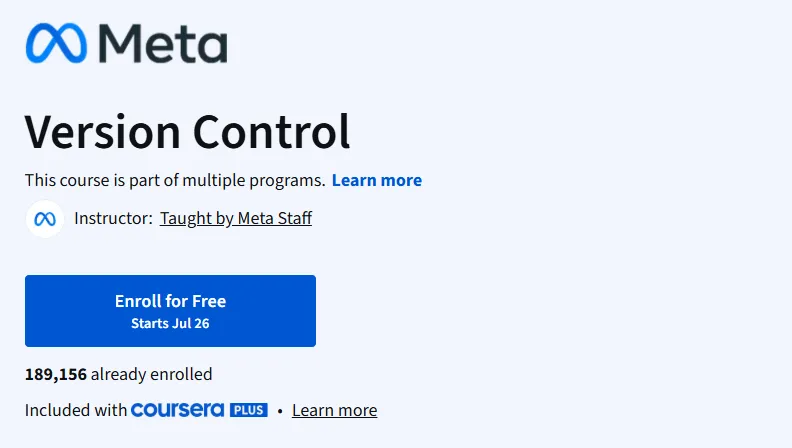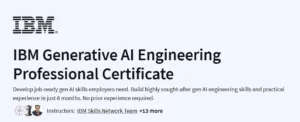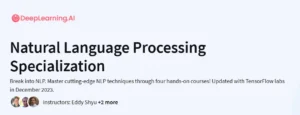Version Control
A beginner-focused course that lays the foundation for software version control using Git and GitHub.
What will you learn in Version Control Course
Understand the fundamentals of version control systems.
Use Git for tracking code changes and collaborating with teams.
Manage branches, merges, commits, and repositories effectively.
Work with GitHub to store code and review changes collaboratively.
Program Overview
Module 1: Introduction to Version Control
⏱️ 1 week
Topics: What is version control, why it matters in software development.
Hands-on: Basic navigation of version history and comparison tools.
Module 2: Getting Started with Git
⏱️ 2 weeks
Topics: Git installation, configuration, repositories, commits, logs.
Hands-on: Create and manage a local Git repository.
Module 3: Branching, Merging, and Resolving Conflicts
⏱️ 2 weeks
Topics: Feature branches, merge strategies, dealing with merge conflicts.
Hands-on: Simulate team workflows with branches and conflict resolution.
Module 4: Remote Repositories and GitHub
⏱️ 2 weeks
Topics: Cloning, pushing, pulling, GitHub workflows, pull requests.
Hands-on: Sync local and remote Git repositories, contribute to open-source.
Get certificate
Job Outlook
Version control skills are essential in nearly every software and IT job.
Employers expect familiarity with Git/GitHub from entry-level developers.
Collaboration tools like Git are critical in DevOps, full-stack, and backend roles.
Git knowledge also supports documentation, data science, and system admin roles.
- Beginner-friendly with hands-on activities
- Covers Git and GitHub fundamentals
- Industry-standard tools taught in context
- Does not go beyond Git basics
- No coverage of enterprise-level Git flows (e.g., GitFlow, CI/CD integration)
Specification: Version Control
|
FAQs
- No prior Git or programming experience is required; the course introduces concepts from scratch.
- Basic familiarity with computers and filesystems is helpful but not mandatory.
- Step-by-step guidance explains how version control works in practical scenarios.
- Hands-on exercises help learners understand commits, branches, and merges.
- Beginners can gradually build confidence in managing code and projects.
- The course covers Git commands, branching, merging, and resolving conflicts.
- Learners practice collaborating on projects using version control workflows.
- Realistic exercises simulate teamwork scenarios common in software development.
- Step-by-step labs reinforce proper version control practices.
- Skills gained are directly applicable to professional software development projects.
- Learners understand how to manage shared repositories and coordinate with teammates.
- Techniques for resolving conflicts and tracking changes are taught.
- Knowledge of pull requests, code reviews, and branching workflows is introduced.
- Hands-on exercises simulate collaborative coding environments.
- Skills gained support productivity in both professional and academic team projects.
- Git and version control are essential tools for software development.
- Skills improve efficiency, collaboration, and code quality in professional projects.
- Knowledge is applicable in roles such as developer, QA, and DevOps engineer.
- Practical exercises demonstrate proficiency to potential employers.
- Completion shows readiness to contribute to team-based coding projects.
- Estimated completion is around 2–4 weeks at a part-time pace.
- Weekly effort of 2–4 hours is generally sufficient for lectures and hands-on exercises.
- Regular practice in committing, branching, and merging reinforces learning.
- Revisiting labs or experimenting with personal projects may require additional time.
- Consistent engagement ensures learners develop practical version control skills.





